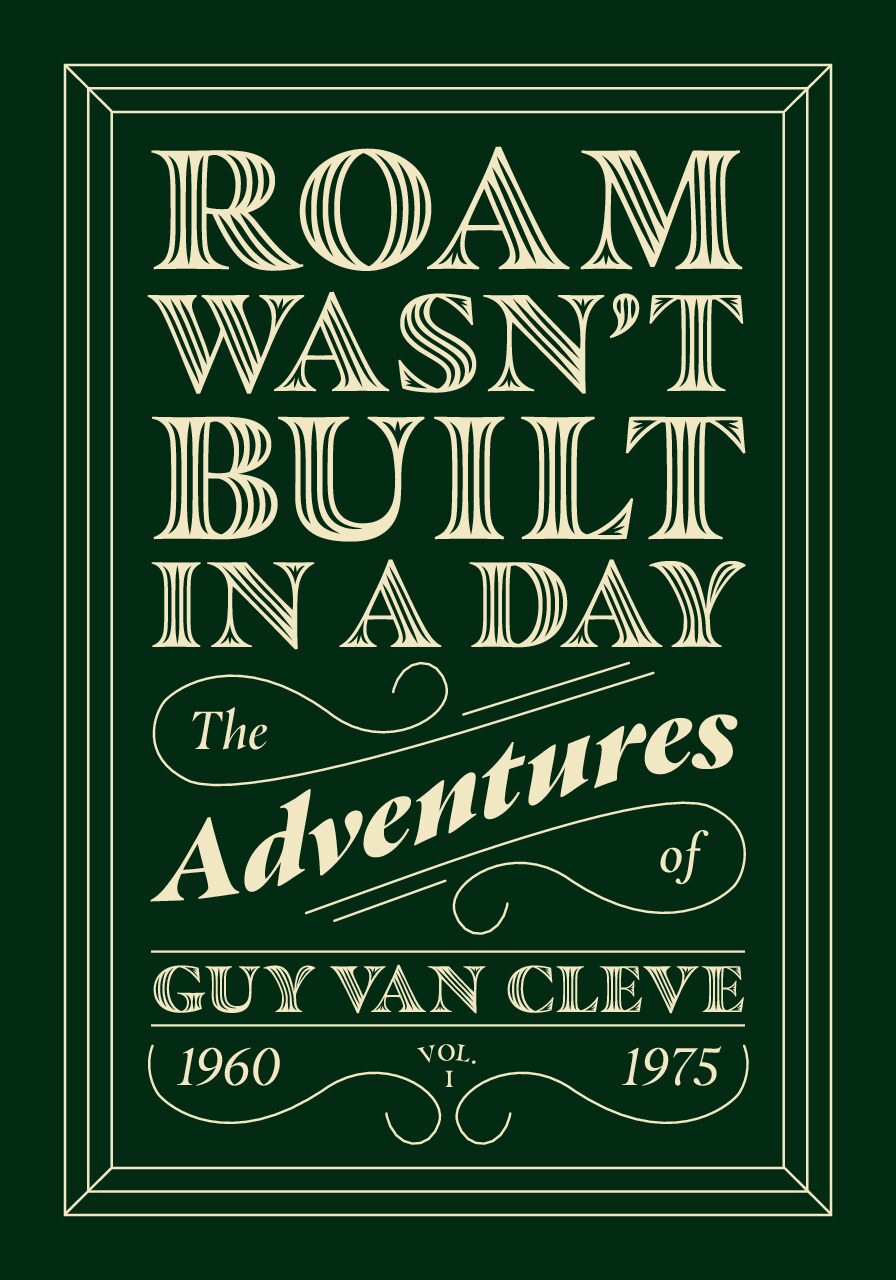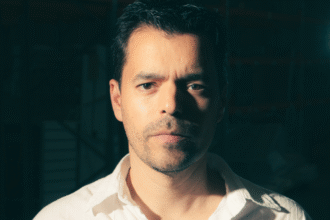Juliana Dutra, writer, journalist, actress and psychoanalysis student, presents in her fiction book, “Amiga Conselheira”, a narrative that delves into the complexities of the relationships between two childhood friends. The plot unfolds from a critical moment, when Giulia, one of the protagonists, attempts suicide, leading Maria Vitória to a deep search for her friend’s hidden feelings.
By weaving this plot between past and present, Dutra explores delicate themes such as bullying, sexual abuse, family conflicts and acceptance of sexuality, building a sensitive and reflective plot. Combining her professional background, the author speaks in an accessible way with the young adult audience, translating her journalistic, theatrical and psychoanalytic experiences into the engaging writing of her inaugural work published in 2023.
How did your training in journalism influence the way you write “Amiga Conselheira”?
Journalism brought me an accessible, clear and objective language. The golden rule in the profession is to spread the message in an uncomplicated way.
What was your main objective when creating characters inspired by theatrical drama for your narrative?
It emerged naturally, through the artist’s theatrical technique of searching for real emotions to bring authenticity to the characters. When I write, I look for the corresponding feelings within myself. For example, when the protagonist is sad, I try to put myself in her place in that situation and imagine her anguish, connecting with her thoughts. Instead of acting, I translate these feelings into words to bring the characters’ emotions to life.
How did your psychoanalytic approach influence the depth of analysis of the characters’ experiences in your book?
Just as in theater characters are made up of events, people are sets of experiences. In Psychoanalysis, each individual is a complete and subjective world – what is nonsense for one person may not be nonsense for another. This look is present throughout the story and is, in itself, a subjective view of the protagonist’s friend. I subtly brought out characteristics of the girls in the book that could be the object of analysis and left clues for the reader to conclude what led the protagonist to her decision.
I highlight as the main message the importance of welcoming. When there is a traumatic situation, the way the person is welcomed will make all the difference in being able to overcome it. In the book, I explained this by comparing the way the girls in the book are welcomed home after suffering abuse.
To what extent did your own trajectory as a psychoanalysis student contribute to the development of the sensitive themes covered in “Amiga Conselheira”?
Training in Psychoanalysis gave me the confidence to authorize myself to write about an important topic considered taboo. I realized that it was possible and necessary to address the subject.
In an analysis, you are allowed to talk about everything. The book is a cry from the protagonist, an exposure of her scars so that the reader can serve as a witness and “adviser friend”.
Can you share with us how your experience in theater affected your ability to create authentic and emotional characters for the narrative?
In theater, one of the best-known techniques of realistic interpretation applies the actor’s emotions to the character. They are analogous emotions, not necessarily from lived experiences or it would be impossible to act in fantasy films, for example. However, by putting ourselves in the character’s shoes, imagining what he sees and where he comes from, we can imprint on the characters feelings that we all know, such as “anger”, “sadness” or “joy”. The book can easily talk to the reader because it evokes, in them, the experience of feeling something, whether through imagination or through experience.

What do you hope to achieve by addressing complex issues such as bullying and acceptance of sexuality in your book aimed at young adults?
I wrote “Amiga Conselheira” as the book I wish I had read when I was 17. I want it to be a comforting read, giving victims of situations like this the feeling that they are not alone in the world. For those who live with “counselor friends”, I want to present a different perspective on this “person who helps everyone”, encouraging reflection on how to be more welcoming and understanding.
How did Juliana’s journalistic writing influence the concise and fluid style present in “Amiga Conselheira”?
The influence of journalistic writing came in the order “subject, verb and predicate”. This approach helps me express thoughts directly and clearly. Additionally, questions such as “who, where, when, how, and why?” they help in the construction of environments, situations and the general line of the narrative, maintaining a concise and fluid style.
What were the biggest challenges faced when approaching such sensitive and painful themes in the narrative?
Dose the tone so as not to become “too dramatic” or sensationalist. My intention is not to shock or trigger people who already suffer from dark thoughts. In general, I chose to make the most tense scenes a kind of symbolic poetic event. I decided not to make explicit descriptions, focusing more on the sensations, leaving the event implied by a combination of words.
A reader told me that they were “words that were easy to read, difficult to digest.” I feel that the objective of impacting without hurting has been achieved.
What was the motivation behind the choice to tell a story that alternates between past and present in the narrative of “Amiga Conselheira”?
The prologue needed to have a significant impact. By showing that Giu is in the hospital, the reader connects more emotionally with her. It is the same revelation that Mavi, until then, did not suspect. The book is a journey of reflection by the friend and the reader to understand their motivations and, later, make decisions in the present based on what they discover. Mavi, inside the book. The reader, outside of him.
Can you share how the creation of the portal “Under the Cerejeira” contributed to your literary career?
Through the “De Baixo da Cerejeira” portal, I received constant compliments on my reflective texts, which gave me confidence in my writing and, mainly, in my commitment to creating a more sensitive book. Furthermore, the site, dedicated to East Asian plots, which I love so much, often addresses delicate topics in the midst of apparently simple stories.
Follow Juliana Dutra onInstagram





